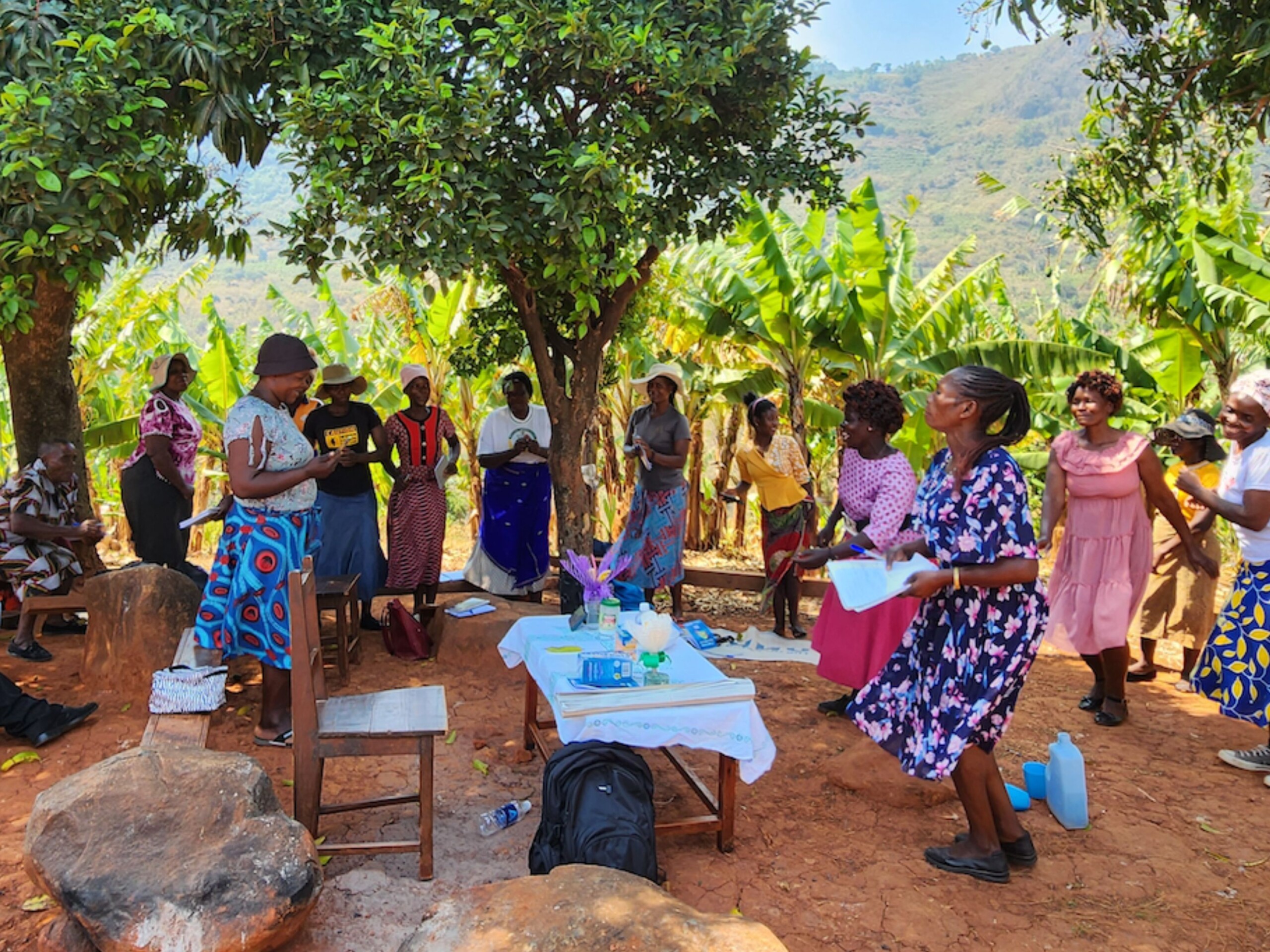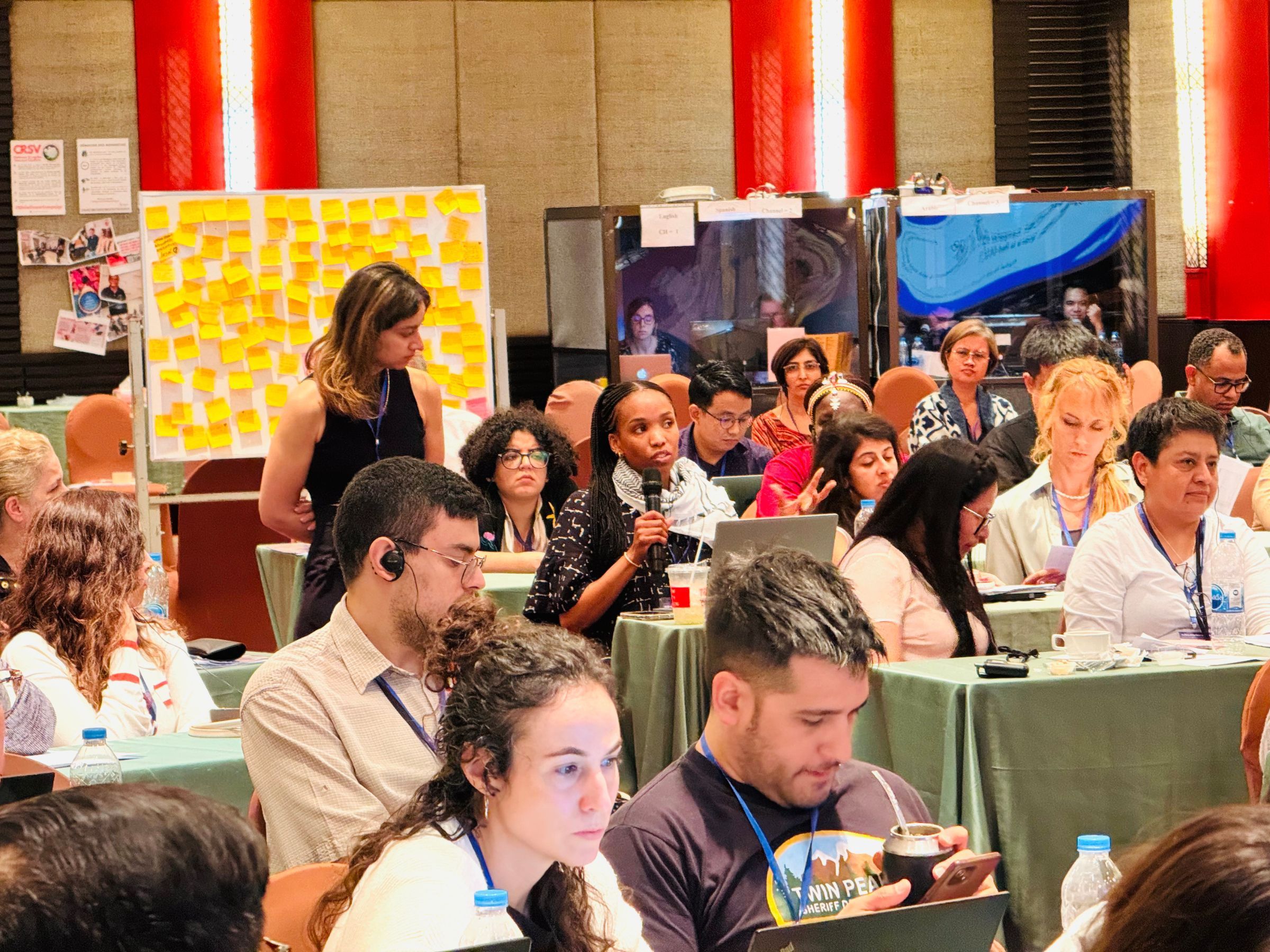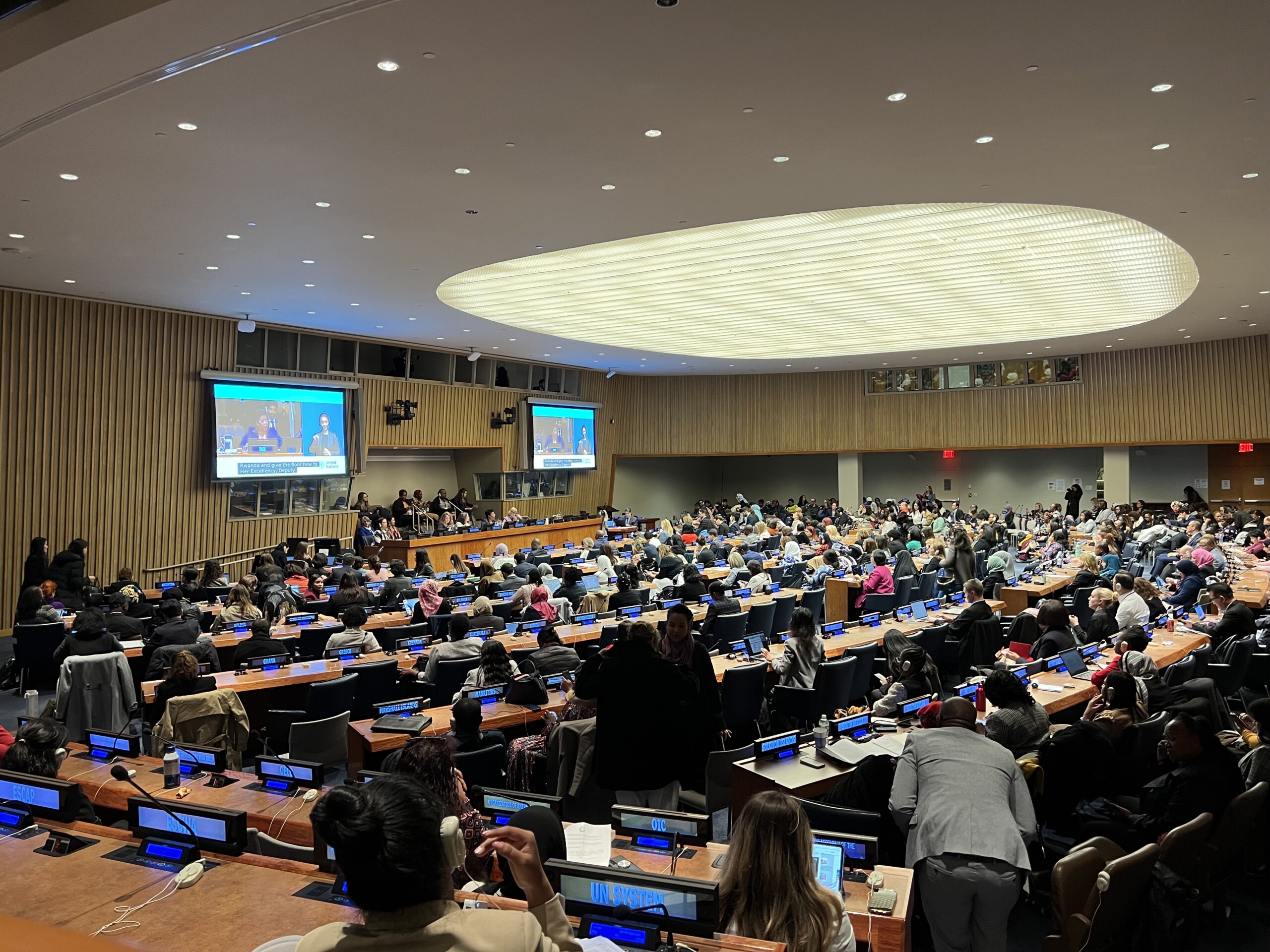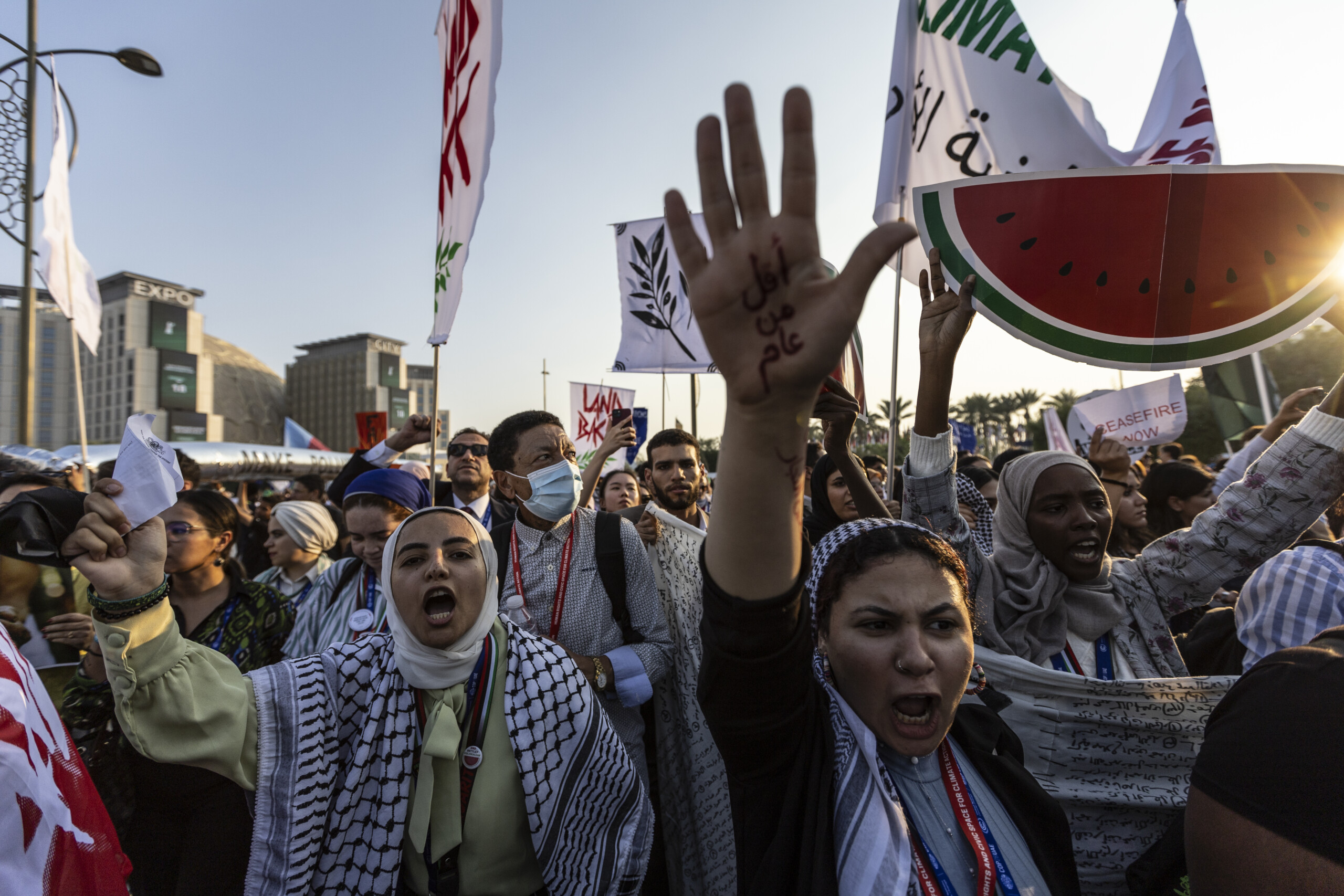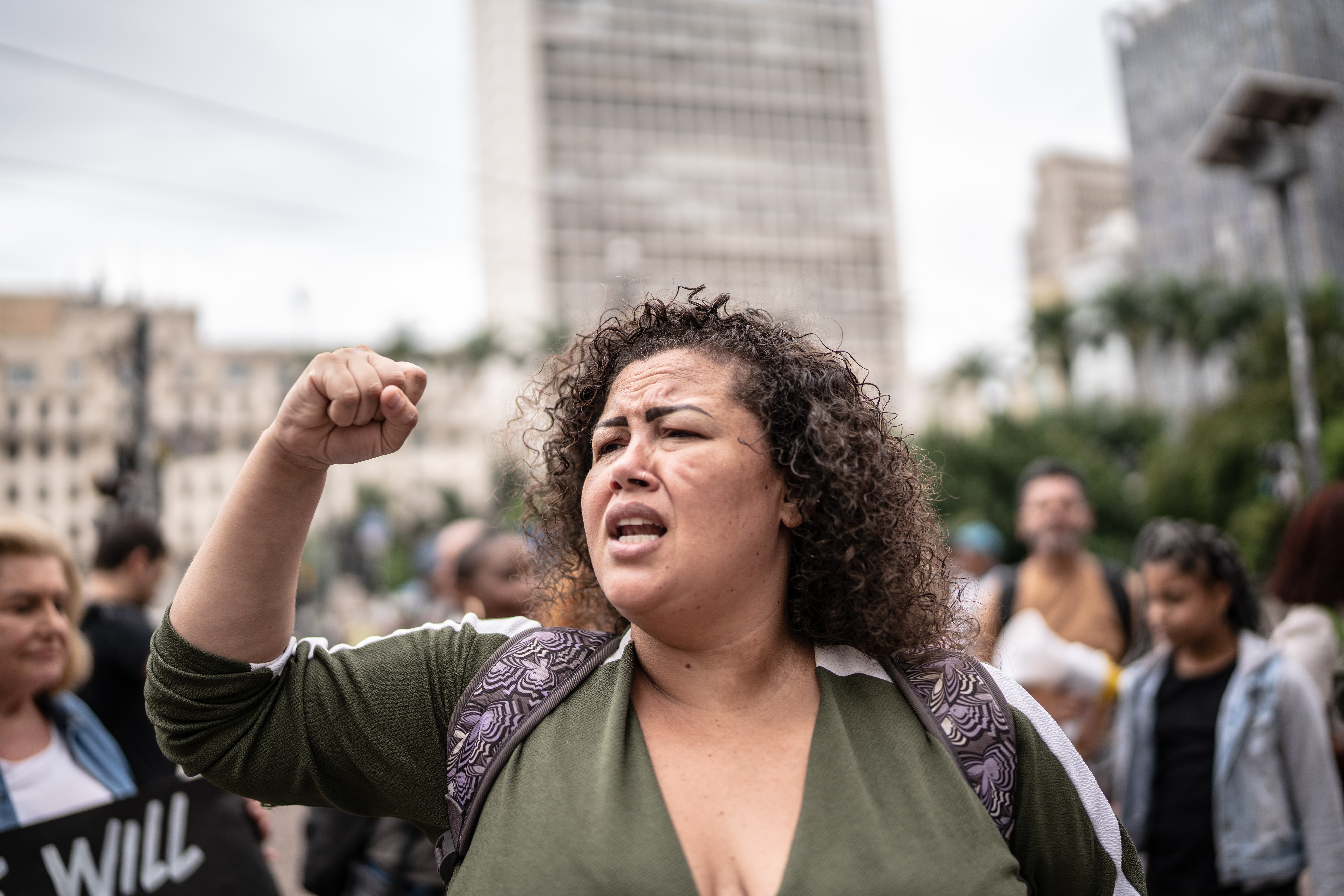At the heart of ESCR-Net’s Common Charter for Collective Struggle is the recognition that women with intersecting identities—such as those with disabilities, LBT women, Indigenous, afro descendants, and other ethnic groups, women living with HIV, migrants, refugees, and those working in sectors like domestic work, garment production, rural labor, sex work, and entertainment— are disproportionately affected by oppressive systems within a macroeconomic system that is patriarchal, colonialist, racist, and sexist. They face heightened exposure to exploitation, abuse, and the “feminization of poverty.” Our work aims to make women’s contributions visible and ensure they can access services and exercise their rights.
Central to our collective strategy is intersectional feminism, which shifts from a gender-neutral stance to one that recognizes indirect discrimination in seemingly neutral laws, policies, and practices. Achieving substantive equality involves addressing structural inequalities, stereotypes, stigma, prejudice, and violence, as well as transforming institutional structures and practices. This comprehensive approach is vital for creating shared visions and alternatives to the dominant economic model.
One key initiative is the Social Pact on Care, which promotes feminist, rights-based care approaches to counter decades of neglect and austerity. This pact, rooted in a 6R framework—recognition, redistribution, reduction, rights, representation, and reframing the economy—aims to establish care as a central economic principle. It has informed advocacy in various global and UN spaces, challenging the unsustainable focus on economic growth.
Another significant effort involves addressing the intertwined crises of debt, care, and climate. Collaborating with allies, ESCR-Net members oppose neoliberal policies that prioritize debt repayment over public provision and human rights. By promoting debt justice and highlighting women’s roles in environmental conservation, we advocate for collective strategies that foster transformative change and caring economies.
Integral to our work is amplifying the narratives and visions of grassroots women. By supporting feminist practices in corporate accountability, climate justice, and critiques of economic models, we build solidarity and shared demands around land, housing, and natural resources. Our efforts include fostering intergenerational dialogue to ensure women’s leadership in these critical struggles.
